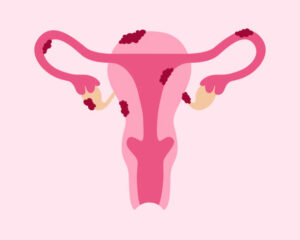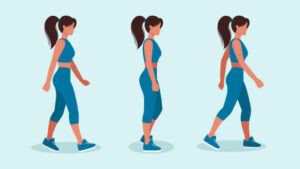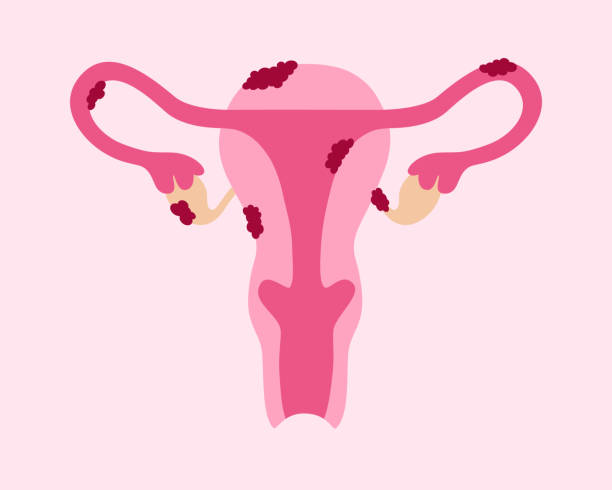
Endometriosis, a condition where tissue similar to the lining of the uterus grows outside the womb, affects millions of women worldwide. Alongside its physical manifestations, such as pelvic pain, infertility, and heavy menstrual bleeding, endometriosis can profoundly impact one’s quality of life. However, with the right strategies and support, individuals can better manage their symptoms and find relief. Here, we delve into effective approaches for pain management and the crucial support systems available for those navigating the complexities of endometriosis.
Understanding Endometriosis:
Endometriosis occurs when tissue similar to the lining of the uterus (endometrium) grows outside the womb, commonly on the ovaries, fallopian tubes, and the tissue lining the pelvis. This tissue responds to hormonal changes in the menstrual cycle, leading to inflammation, scarring, and adhesions that cause pain and other symptoms.
Pain Management Strategies:

- Pain Relievers: Nonsteroidal anti-inflammatory drugs (NSAIDs) such as ibuprofen can help alleviate menstrual cramps and pelvic pain associated with endometriosis. For more severe pain, your doctor may prescribe stronger pain medications.

- Heat Therapy: Applying heat to the abdomen or lower back can provide temporary relief from cramping and discomfort. Heating pads, warm baths, or hot water bottles are effective options.

- Pelvic Floor Physical Therapy: Pelvic floor therapy can help address pelvic floor dysfunction, a common complication of endometriosis, through targeted exercises and techniques to relax and strengthen the pelvic muscles.
- Complementary Therapies: Acupuncture, yoga, and mindfulness meditation are complementary approaches that some individuals find helpful in managing pain and stress associated with endometriosis.
Dietary and Lifestyle Modifications:

- Anti-inflammatory Diet: Incorporating foods rich in omega-3 fatty acids, antioxidants, and fiber, such as fatty fish, nuts, seeds, fruits, vegetables, and whole grains, may help reduce inflammation and alleviate symptoms.
- Avoiding Trigger Foods: Some individuals find that certain foods, such as dairy, gluten, and caffeine, exacerbate their symptoms. Keeping a food diary can help identify and avoid trigger foods.

- Regular Exercise: Engaging in regular physical activity can help reduce inflammation, improve circulation, and alleviate pain associated with endometriosis. Aim for low-impact activities such as walking, swimming, or cycling.
Emotional Support and Mental Health:

Endometriosis can take a toll on mental health, leading to feelings of anxiety, depression, and isolation. It’s essential to reach out to a mental health professional or support group for guidance and support. Communicating openly with family members, friends, and partners about the challenges of living with endometriosis can foster understanding and empathy.
Connecting with others who share similar experiences through online or in-person support groups can provide validation, encouragement, and practical advice for managing endometriosis.
Self-Care and Advocacy:

Self-care is not selfish; it’s essential for managing endometriosis and nurturing your overall well-being. Prioritize activities that bring you joy, practice self-compassion, and set boundaries to protect your physical and emotional health. Advocate for your needs by openly discussing your symptoms, treatment goals, and concerns with your healthcare providers. Don’t hesitate to seek second opinions or explore alternative treatment approaches if necessary.
Endometriosis is a complex and challenging condition, but with a multifaceted approach encompassing pain management strategies, dietary and lifestyle modifications, emotional support, and self-advocacy, individuals can enhance their quality of life and find empowerment in their journey with endometriosis. Remember, you are not alone, and support is available to help you navigate the ups and downs of living with this condition.


